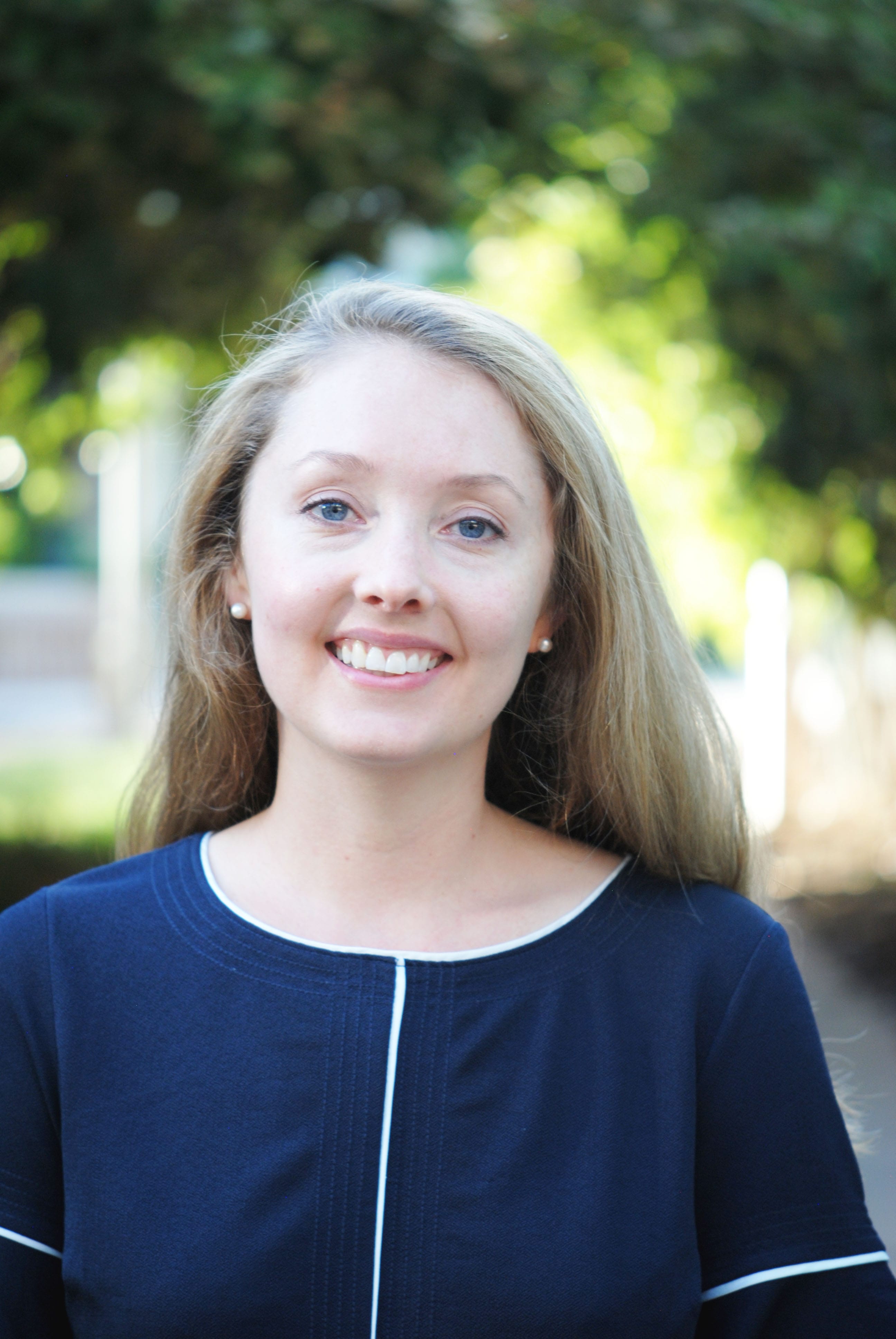Posted By: Cassie Robertson, 2019 ASHG Program Committee Member, and Ann Klinck, Communications and Marketing Assistant, ASHG
As ASHG 2019’s Program Committee meeting wrapped up, I couldn’t help but think about the importance of poster sessions, for not only presenters but attendees. If you were recently assigned a poster presentation, here are some tips to consider.

Posters serve multiple purposes.
First and foremost, posters are a way to share your research with the community. Practice communicating your research in a quickly digestible way; it’s an invaluable skill that you’ll use for the rest of your career.
Posters are also a tool to connect with colleagues or future collaborators. I’ve made several valuable connections through poster presentations. Be receptive to curious attendees, especially other trainees with overlapping research interests. Research is more fun when you’re a part of a community. And these people can be a valuable resource for both science- and career-related questions down the road. When appropriate, follow-up connections you make during the poster session on social media (this applies to both presenters and attendees).
Tell a story!
Make the progression of your research flow in a succinct way that feels like a story. Science is rarely a linear progression of experiments or analyses. However, to efficiently communicate the significance of your work, it helps to distill it to its essential components. Consider carefully which pieces of the puzzle are critical to understanding your rationale and conclusions. Note that sometimes failed experiments or null results meet this criteria!
Design “Dos and Don’ts”
Do:
- Think about different viewers when putting together your work. Some will be experts in your area, and some will need the basics!
- Show how your work relates to the larger field.
- Emphasize the rationale and sequential logic of your experiments or analyses.
- Use schematics to cut down on text.
- Include contact information if you want to receive follow-up questions about your work.
Don’t:
- List every result you’ve ever generated, or every method or analysis you’ve ever used.
- Use jargon or abbreviations that aren’t common knowledge.
- Use small font.
- Make the written content super dense. You can fill in gaps during the presentation.
Prepare for the presentation.
Don’t memorize your presentation, but do practice using your poster as a visual aide to explain your work. When presenting your poster, consider and be considerate of your audience. Make the people viewing your poster feel welcomed. Face them when speaking and use your poster as a storytelling tool; don’t talk into the poster.
Know that people will filter in and out during your presentation. If someone shows up in the middle of your presentation, signal that they’re welcome to join. They will typically wait for the end to ask about material they missed from the beginning!
Remember that there are different types of attendees in a poster session. Some may be looking for a concise overview of your findings. Others will want to hear the nitty gritty of your work, any problems you had, and how you overcame them. In this scenario, don’t be afraid to go off script. If someone offers an insightful comment, feel free to write it down or ask follow-up question. We’re there to learn from each other.
I tend to be both! Posters are a great way to dive into challenges I’m facing with my own work and connect with people who are thinking about these same problems. I also use them to learn about totally new subject areas since posters are a “low-investment” opportunity to expand your horizons!
Have fun with it!
At the end of the day, poster sessions are fun for both the presenter and the attendee. It’s great to practice your communication skills, and ASHG attendees are typically patient and passionate about human genetics. Practice your presentation before you go, but remember that people know you’re honing a skill.
Cassie Robertson, MS, is a member of the ASHG Program Committee, and a PhD Candidate at the University of Virginia. She has been a member of ASHG since 2016.
